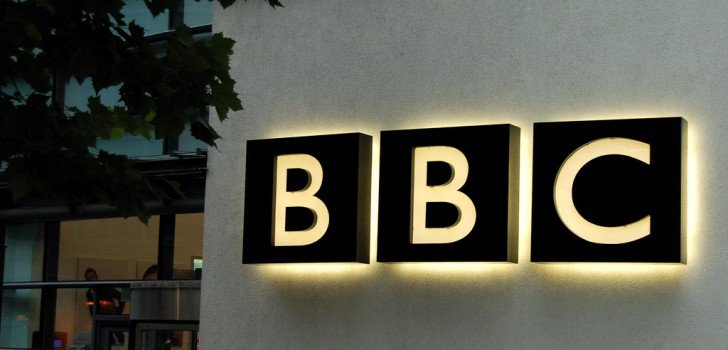With its goal of expanding “democracy and the free press,” the British Broadcasting Corporation (“BBC”) plans to launch radio broadcasts to North Korea for the first time and commence new television and/or digital services in Russia. The BBC claims there are “democratic deficits” in these countries and the massive media conglomerate wishes to fix the problem.
The announcement to push into North Korea and Russia comes at a time when the BBC is under increasing political pressure to justify its size in an all-encompassing digital age. The company also faces severe budget cuts.
Tony Hall, the BBC’s director general stated that, “[The World Service] is a service we want to strengthen and expand. My own strong view is that this is one area where the country’s voice could be much stronger – especially in the Middle East, India and Russia and the states that used to make up the Soviet Union.”
The launch of this new initiative also comes at a time when state-sponsored rivals such as Al-Jazeera and RT (previously known as Russia Today) have risen on the scene. Both of these entities now have extensive operations in the United Kingdom.
A BBC source proffers that, “This is about Britain’s place in the world. It is above the politics of the debates about the BBC’s future. It has to be a national priority. Other news outlets are growing globally and many do not share our traditions and values. We have a strong commitment to uphold global democracy through accurate, impartial and independent news. There should no longer be any no-go countries for the World Service.”
As part of this plan, the BBC seeks to strengthen and expand its digital presence in Russia utilizing YouTube or its Russian counterpart RuTube, and will explore the possibility of establishing a Russian satellite television channel.
With respect to North Korea, the BBC hopes to emit short wave radio broadcasts in the country. Presently, North Korea’s citizens are cut off from the rest of the world almost completely as they have no access to the worldwide Internet and they are unable to make calls outside of North Korea. The United States-funded Voice of America (“VOA”) and Radio Free Asia (“RFA”) both make unauthorized broadcasts in Korean to the country. However, those that are caught listening to such unauthorized foreign broadcasts can be punished severely.
Unlike the United States and South Korea, North Korea does not view the United Kingdom as such a threat. The BBC hopes that its plans might not trigger such a harsh reaction from the communist state.
The BBC, which is 93 years old, is facing a major revamp as the British government criticizes the company for stifling commercial competition and for airing unbalanced political coverage. In fact, earlier this summer, the British government stated that it planned to look at whether the BBC should be scaled back and whether its major source of funding – the $222 license fee paid by users – should be restructured.
Hall stated that despite its grand vision with the Worldwide Service, he acknowledges that some of BBC’s services will be reduced or eliminated altogether. He further stated that BBC’s rivals will soon have access to some of BBC’s material and platforms.
Stay Connected